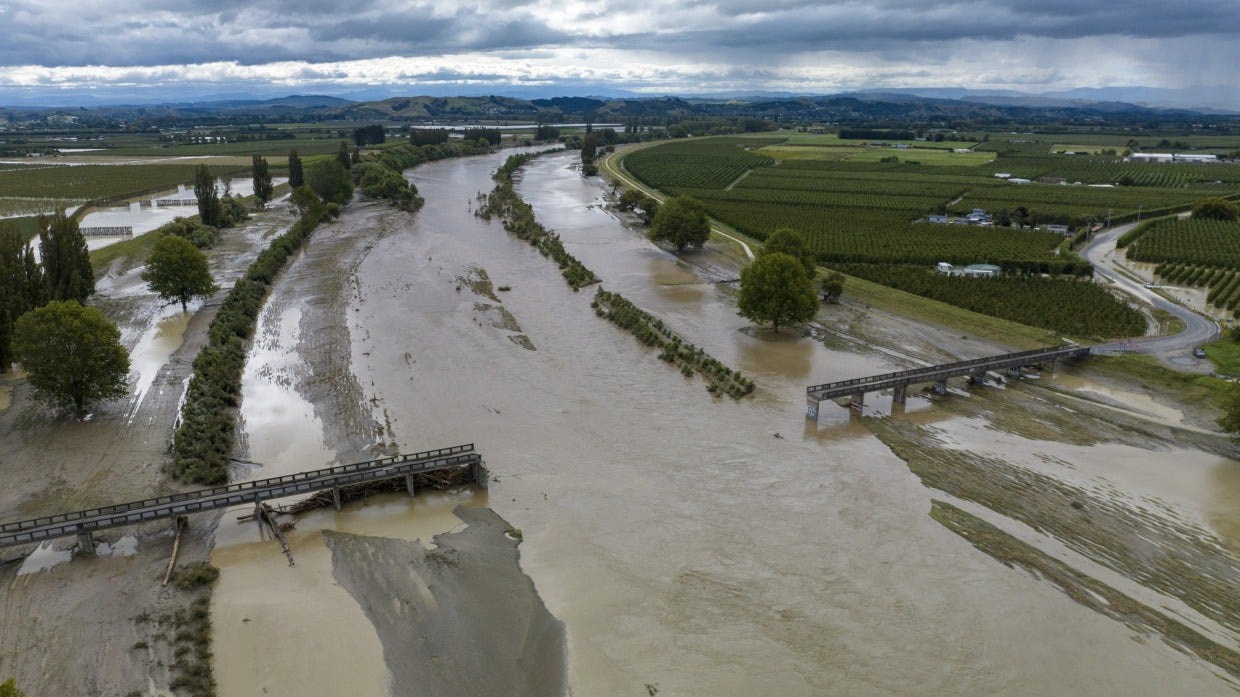
Is climate risk becoming uninsurable?
Insurers are withdrawing from higher risk regions. And the situation is likely to get worse.
The Wall Street Journal (WSJ) is suggesting that better mathematical modelling might help the looming insurance crisis. At the first read this might seem an odd thing to say. After all, climate change is expected to lead to more natural disasters. And insurance doesn't really work when an event is highly likely. Or at least not at insurance premiums that customers would find acceptable.
Focusing on the US, many insurance companies are withdrawing from higher risk regions, leaving people to either move away, or if they stay to either have no catastrophe insurance cover, or to rely on cover provided by their state governments. According to Verisk future insured losses could shortly reach c. $133bn, up from c. $60 bn in 2012. And uninsured losses could be higher, with only 51% of natural-catastrophe risk covered in North America. And globally it's even lower, 44% in Europe, and 12% in Asia.
And the situation is likely to get worse. According to the United Nations University "climate change is dramatically shifting the landscape of risks, with the number of severe and frequent disasters forecast to double globally by 2040". So, how can better modelling help ?
Part of the solution seems to be to 'marry' two different approaches, combining the use of historic data to infer future risks, with bigger picture data on expected climate change. And adding data from satellite imaging, together with advanced geo-positioning information could replace more generic district level risk measures.
This could help insurance companies make better risk pricing decisions. Especially as research by the Lloyd's of London syndicate Inigo Insurance, seems to suggest that demographic shifts (where people live and work) has been a much bigger contributor to increasing insurance payouts (since 1970 a c. doubling of cost vs only a 25% rise from direct climate change impacts). Note - we have not been able to find a direct source for this.
So, could these new modelling approaches help avoid an insurance crisis. It turns out it depends on what you mean by 'help'. What the WSJ seems to mean is 'to help insurance companies stay in business by not suffering massive underwriting losses, as as happened in 1992, post Hurricane Andrew. Now, to be fair, keeping insurance companies in business is probably a good thing. We need insurance, and we will need it more in the future.
But, knowing that insurance companies can better price your premium if you live in a high risk area seems scant consolidation if you cannot afford the cover.
We wrote on this topic back in February 2023, post the floods caused in new Zealand by Cyclone Gabrielle.
Link to blog 👇🏾

This article featured in What Caught Our Eye, a weekly email featuring stories we found particularly interesting during the week and why. We also give our lateral thought on each one. What Caught our Eye is available to read in full by members.
If you are not a member yet, you can read What Caught Our Eye when it comes out direct in your email inbox plus all of our blogs in full...


Please read: important legal stuff.


